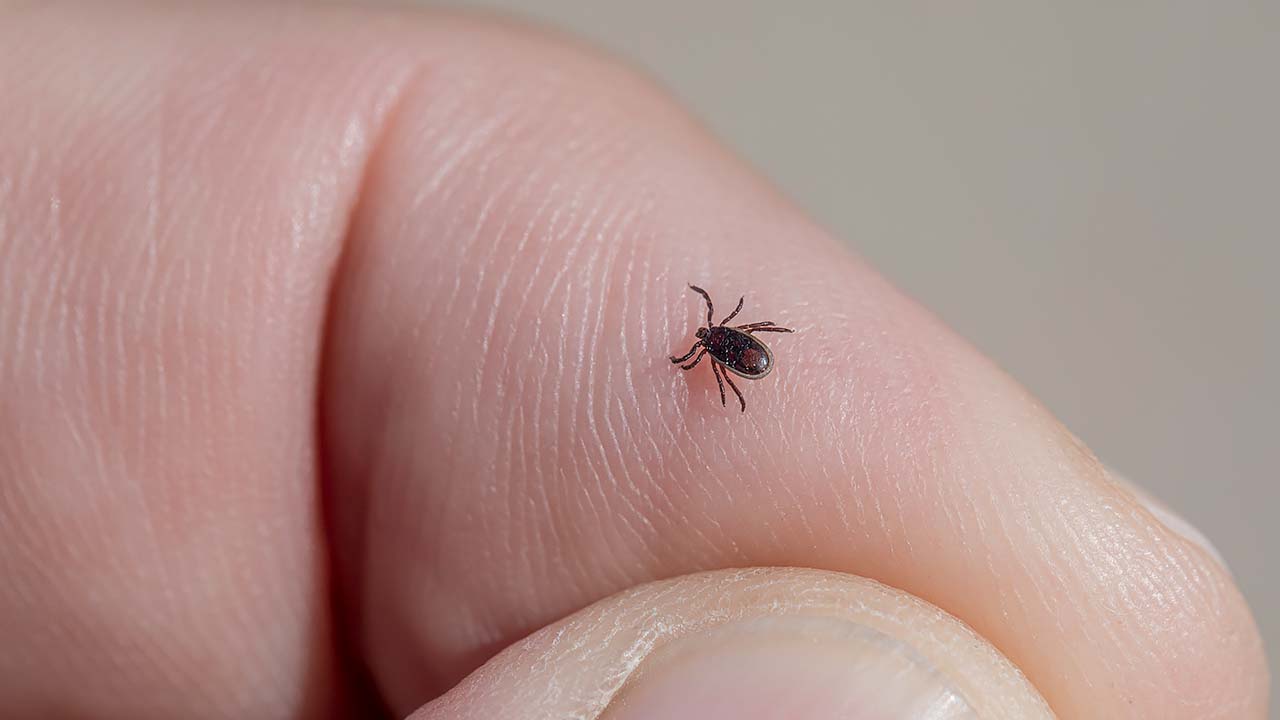It's Tick Season, so Repel, Check, and Remove

With warming temperatures, the tick population is increasing and becoming more active, so Aspetuck Health District Director Mark Cooper encourages you to check yourself, your children, and your pets for ticks every day.
Mr. Cooper says the district’s Public Health nurse reports a sharp increase in the number of ticks being brought in for identification and that many of the ticks are engorged. That means the ticks have likely been attached for more than a day, which greatly increases your chance of contracting tick-borne illnesses like Lyme.
On hiking trails in grassy, brushy, wooded areas, it is best to stay in the middle of the trail. It helps to wear light-colored clothing, long pants, and to tuck in your shirt. Use tick repellent containing at least 30 percent DEET, and once you’re done with outdoor activities, check clothing, pets, and your body.
Mr. Cooper encourages people to shower after being outdoors during tick season, and if you find a tick on yourself or your child, remove it carefully with tweezers.
A CDC how-to on removing ticks can be found here.
If a tick is found on a person (not a pet) and thought to be attached for more than 24 hours, for a $10 fee you can bring it to the Health District for identification. The Public Health nurse will let you know the type of tick it is and, if appropriate, send it out for testing. Mr. Cooper says this is a popular and convenient service. If you have questions about ticks, call the Aspetuck Health District’s Community Health team at (203) 227-9571.
